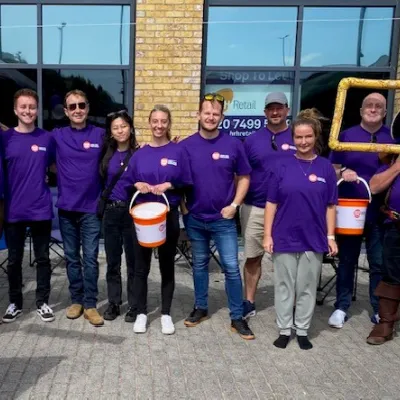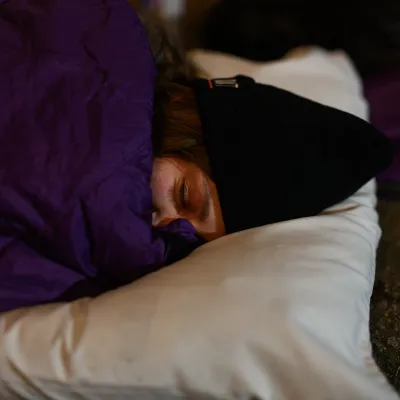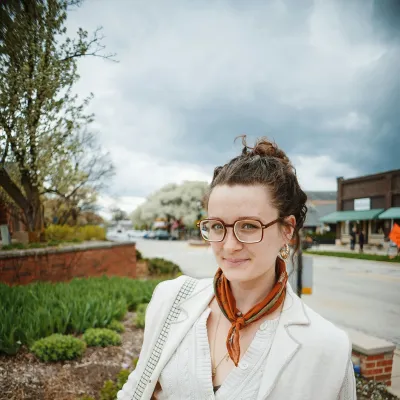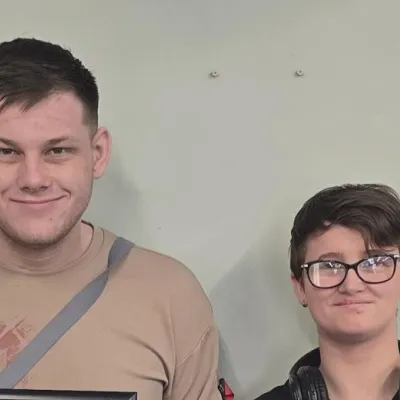Our health team are dedicated to providing young people with the support they need to take care of their mental and physical wellbeing – good health ensures they are able to become independent, and eventually move into a job and a home. So much of the health team’s work is carried out face-to-face with young people, meaning that since the pandemic took hold, it was essential for the team to pivot – and quickly – to a virtual way of working.
“Our work with young people now takes place through a variety of mediums, including WhatsApp, Skype, and phone calls,” says Senior Health & Wellbeing Programme Manager for the North, Sue. “We have also produced a significant plan on these new ways of working that would still satisfy our ethical frameworks and professional guidelines.”
At the time of publication, the entire health team is well and recreating their office environment from home; as Centrepoint therapist Monica told us last week, she still keeps to her daily meetings with colleagues, which helps to keep morale high: “We discuss our days and pretend we’re in our office having a normal workday conversation, which is nice.”
There are many facets to the work they do, and it takes a lot of planning to keep things running smoothly. This means members of the team also complete a ‘working from home’ document that details their plans for the week, enabling them to take it in turns covering Manchester’s Crisis duty line, which allows young people to receive immediate help over the phone.
Still, although they are able to stay relatively “business as usual” via digital communication, the team has seen a spike in crisis mental health presentations: young people are experiencing far higher levels of anxiety and stress because of Covid-19, their research concludes. So the number of young people being supported at this time has increased, leaving them operating at maximum capacity. However, they are finding ways to adapt. “We [are] sending out wellness packs, mindfulness books, art materials,” Sue explains. “We have bought mobile phones and taken electronic tablets to those who had no way of remaining in contact, as well as food parcels and toiletries, which have been delivered to the homes of young people.” And, of course, the team has provided those in their care with a huge range of resources to help keep their health and wellbeing in check.
Despite the health team’s heroic efforts to maintain a sense of normalcy for young people, it has been a challenging time for all: days are long, and acclimating is not always so straight forward for young people with anxiety. As Monica said in last week’s post, “Their coping strategies, like many, are intrinsically linked with social interaction and without that, their thoughts start spiralling. They feel trapped, focused on a past they can no longer influence and a future they’re afraid of because they don’t know what it holds.”
As such, this has become one of their busiest periods: they are still accepting new referrals, but remain cautious about taking extra, unplanned calls on top of their already stacked caseload. The team’s priority is to keep young people safe, both mentally and physically, but this means also keeping the team safe: they want ensure the continuity of the service, making sure that, no matter the circumstances, young people in our care receive the best service possible. If members of the team fall ill, their absence could mean a young person misses a meeting, which might be detrimental to their experience.
The team are therefore having discussions around new referrals and holding initial consultations with those on our waiting list. Right now, they are doing everything they can do cope with the unprecedented influx during these strange times – and they are coping remarkably well. As Sue puts it: “The team remain forever busy, taking more time to send homework and additional resources to their young people.” It’s not easy, but our team are dedicated to providing those in their care with a safety net they can always rely on.






